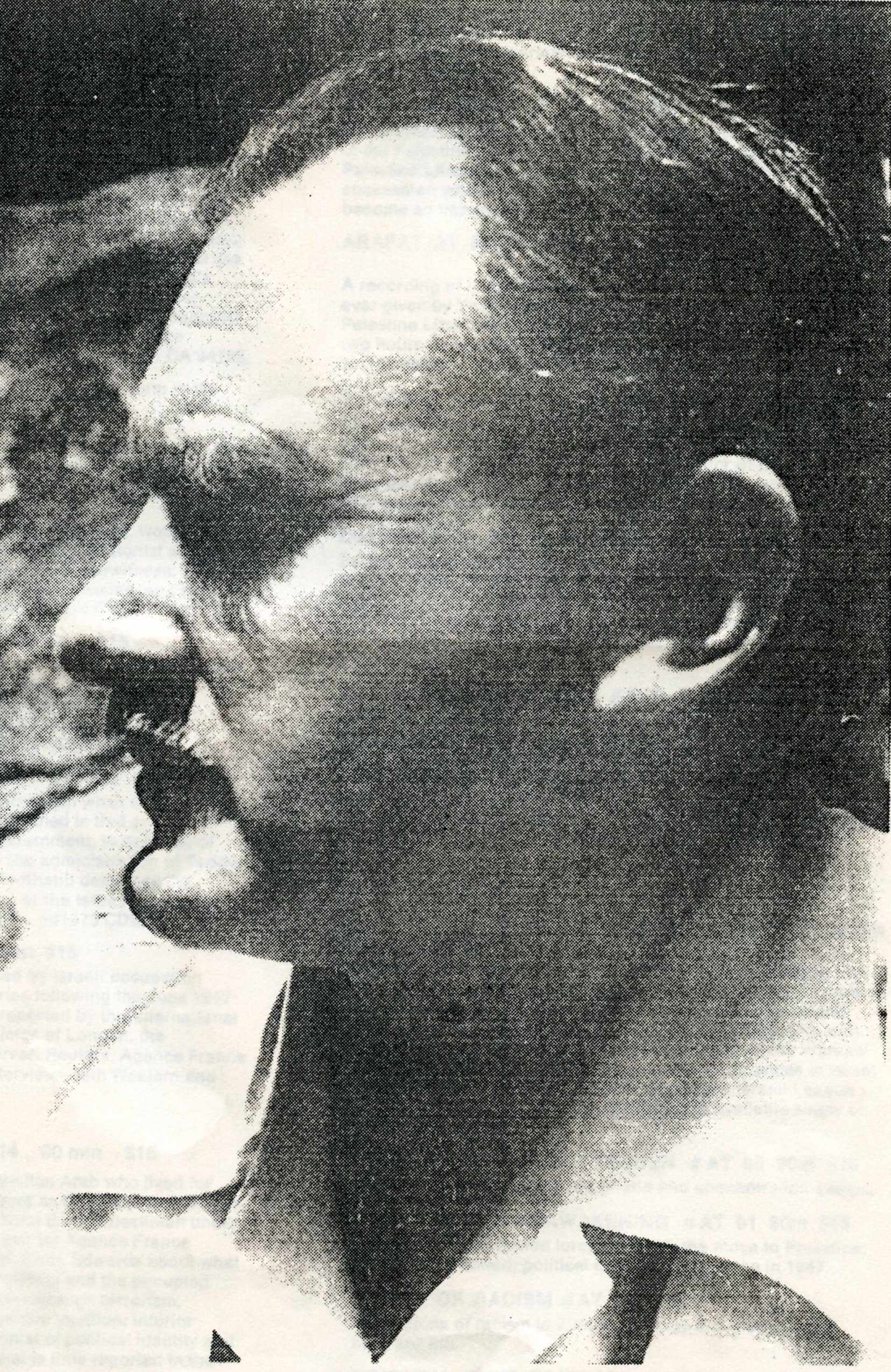Independent Collections
These collections were produced by independent journalists. Many of these recordings make up the bulk of the original collection of the Freedom Archives.
Subcollections
-
Colin Edwards Collection
Materials representing the life-work and journalism of a Welsh radio correspondent and journalist who worked for Pacifica stations, the BBC and many other broadcasters. -
Colin Edwards Free Speech Movement
This collection is produced by journalist Colin Edwards and represent a comprehensive account of the Free Speech Movement and its effect on the political climate of UC Berkeley. -
Programs produced by Kiilu Nyasha
Kiilu Nyasha is a revolutionary journalist and former member of the Black Panther Party. Kiilu still hosts Freedom Is A Constant Struggle, which now appears as a TV program. -
“Nothing is More Precious Than…” a news magazine including music and poetry
KPFA weekly news program running from 1973-1976 featuring in-depth coverage of liberation struggles around the world. -
“The Real Dragon” a news magazine including music and poetry
Real Dragon was a radio program broadcast on KPFA from 1971-1973. This news show focused on issues of national liberation, political prisoners, Vietnam and other major national and international topics.
Documents
4 Documents Found
Date: 3/23/1991Call Number: CE 484Format: Cass A & BProgram: Alternative RadioCollection: Colin Edwards Collection
Ward Churchill, author, activist, and former professor, speaks about the 71-day siege at Wounded Knee in which 200 or so Oglala Lakota and members of the AIM occupied Wounded Knee on the Pine Ridge Reservation responding to the failure of impeaching the tribal president and to expose inhumane and corrupt conditions on Pine Ridge by the US Federal government through the tribal government. Churchill gives a succinct history of Lakota/US relations, including details of treaties, and discusses the role of COINTELPRO in neutralizing the AIM.
Date: 4/21/1992Call Number: CE 485Format: Cass A & BProgram: Alternative RadioCollection: Colin Edwards Collection
Winona LaDuke, Native American activist, environmentalist juxtaposes two concepts of Native American life (time is cyclical and reciprocity) with two concepts in industrial thinking (time as timeline and capitalism). She speaks in response to the quincentennial celebration of Columbus' arrival to the "new world." LaDuke calls for recognition of the "holocaust" of the Native American people and cites statistics relating to the mistreatment of indigenous populations, such as using their land as toxic waste dumps.
Date: 4/27/1992Call Number: CE 486Format: Cass A & BProducers: KALWProgram: Alternative RadioCollection: Colin Edwards Collection
Russell Means, Oglala Sioux activist, speaks in response to Andy Rooney's column on how it is "silly" for Native Americans to complain about professional sports team names.
Means discusses the image of Native Americans, as opposed to Blacks in America. He combats the claim that Native Americans have no great culture and complicates the idea of Native American contribution. He discusses the effects of nuclear waste on Indian Reservations, or what he calls "concentration camps." He puts responsibility on the white citizens of America to see to it that the US government follows its own laws, and to curb the waste it produces.
For things to change, people must "Kill Columbus - kill his legacy."
This report discusses alternative energy, specifically using cellulose waste materials. Enzymes produced by fungus breaks down cellulose to glucose (the hydrolysis effect). The glucose is then converted to ethyl alcohol through fermentation. There is also further exploration of topics including bio-conversion, alternative energy including solar power, comparing nuclear and solar energy and the effect of oil dependency on the development of alternative energy.
4 Documents Found






